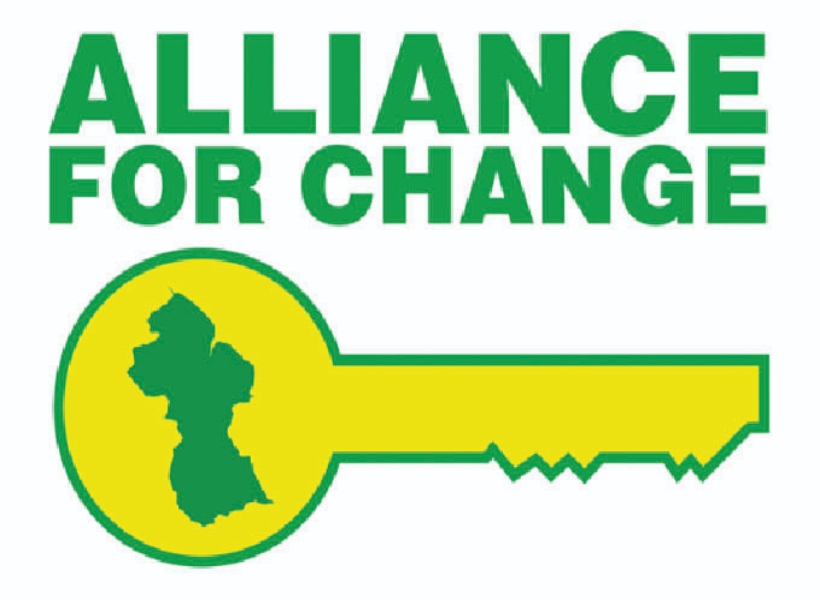The cost to respond effectively to the novel coronavirus has left many CARICOM member states with a wall of debt. And throughout the pandemic, that wall will only grow higher and more impenetrable as these nations seek urgent financial assistance from international institutions. This troubling reality was recently raised by Ambassador of Antigua and Barbuda to the United States and the Organization of American States (OAS), Sir Ronald Sanders.
In his most recent writings, the envoy said that the United Nations Conference on Trade and Development (UNCTAD) has forecast that, in 2020 and 2021 alone, debt will amount to about US$2 trillion for high-income developing countries and to almost US$1 trillion for middle- and low-income countries. Based on his readings of the literature of distinguished economists, he noted that debt relief is the only path to combat the pandemic and set these economies on a sustainable path.
But International Financial Institutions (IFIs) have not been responding in this manner. According to Sir Ronald, the response of the IFIs is not to write-off any portion of current debt for least developed and low-income countries, but to increase their debt still further by offering more loans, albeit on easier terms.
The official noted that the International Monetary Fund (IMF) for example, is encouraging high-income states to borrow under its Rapid Credit Facility with fewer conditionalities and faster approval processes. He noted however that these are still debts which would add to the burden which already weighs down the borrowing countries. In fact, Sir Sanders noted that the level of debt is barely sustainable now and would be utterly unsustainable if more of it is incurred.
Sir Ronald said, “Paying it back will leave countries, including many in the Caribbean, mortgaged to the IFI’s and the conditions that they impose in accordance with policies set by the rich countries that have the greatest voting power on the governing Boards. Since one of the principal conditions is that debt must be repaid first, many Caribbean countries will be left with little fiscal space to invest in economic and human development.”
The official said that this problem underscores why Caribbean countries should not mistakenly reduce their participation in global affairs. He categorically stated that there is a need for change, including change in a system that encourages global inequality, and allows the marginalization of small states whose repeated debt crises have been largely created by external events exported to their shores.









